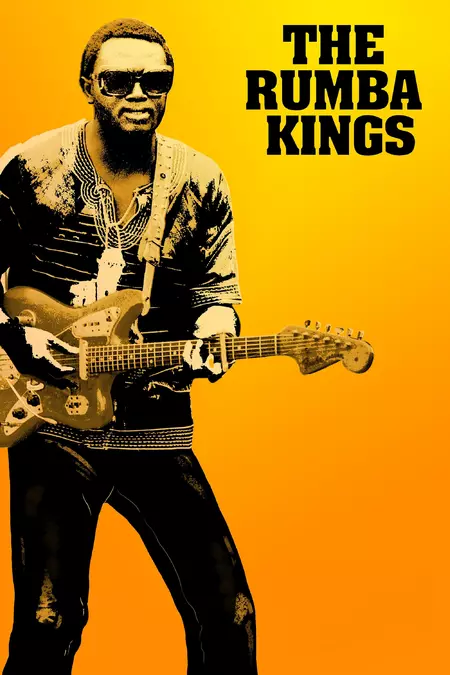Life Is Rosy (1987)
November 17, 1987Release Date
Life Is Rosy (1987)
November 17, 1987Release Date

Plot.
Where to Watch.
 Subs
SubsCurrently Life Is Rosy is available for streaming online, rent, buy or watch for free on: LaCinetek
Streaming in:🇫🇷 France

Cast & Crew.

Papa Wemba
Kourou

Landu Nzunzimbu Matshia
Mamou

Bibi Krubwa
Kabibi

Kanko Kasongo
Nvouandou

Lokinda Menji Feza
Nzazi

Kalimazi Lombume Riva
Mongali

Mazaza Mukoko
Mama Dingari, la mère de Kourou

Tumba Ayila
Le nain Emoro

Mujinga Mbuji Inabanza
Cherie Bondowe

Pépé Kallé
Pépé Kallé

Alamba Engongo
Le chauffeur de Nvouandou

Maître Nono
Maître Nono

Bwanando Ngimbi
Maître Nganga

Mwezé Ngangura
Director / Writer

Benoît Lamy
Director / Writer

Maryse León García
Writer
Media.
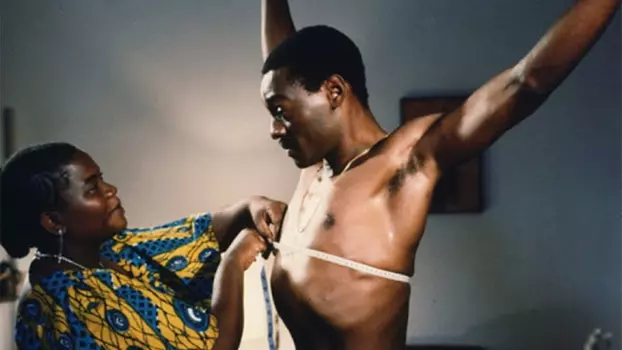
Details.
Release DateNovember 17, 1987
Original NameLa vie est belle
StatusReleased
Running Time1h 20m
Genres
Last updated:
This Movie Is About.
Wiki.
La Vie est belle / Life is Rosy is a 1987 musical comedy directed by Mwezé Ngangura and Benoît Lamy. The film revolves around the vibrant music scene of Kinshasa and tells the rags-to-riches story of a poor rural musician played by legendary Congolese musician, Papa Wemba, the “King of Rumba Rock”, who seeks fame in the big city. The film was considered a major turning point in film production in the DRC with its more artistic approach. Unlike many African films of the time that concerned themselves with the effects of colonialism, La vie est belle celebrates Congolese culture, music and the lives of Kinshasans. The film score features Congolese music from artists Tshala Muana, Klody, and Zaiko Langa Langa, a Congolese soukous band co-founded by Papa Wemba.
Ngangura's inspiration for making La vie est Belle took root while attending the Panafrican Film and Television Festival of Ouagadougou where his short Kin-Kiesse (1983) won the best documentary award. In watching many of the African films screened at the festival "it was clear to me that those films were not directed to an African audience. Africa in most of these films was only a subject and the audience was outside the filmmakers’ calculations.”
The making of La vie est belle was also informed by comedy sketches, which used to be featured regularly on national television, and were popular with African audiences with how they addressed their everyday lives. Ngangura's decision to center the film on music and Papa Wembe was calculated to draw in Congolese audiences as well as reach as many Africans as possible given the widespread popularity of music, especially of the Congo, which then had the most popular musicians on the continent.
You May Also Like.

Interstellar (2014)

Dune: Part Two (2024)

Spider-Man: No Way Home (2021)

Top Gun: Maverick (2022)

Oppenheimer (2023)

Furiosa: A Mad Max Saga (2024)
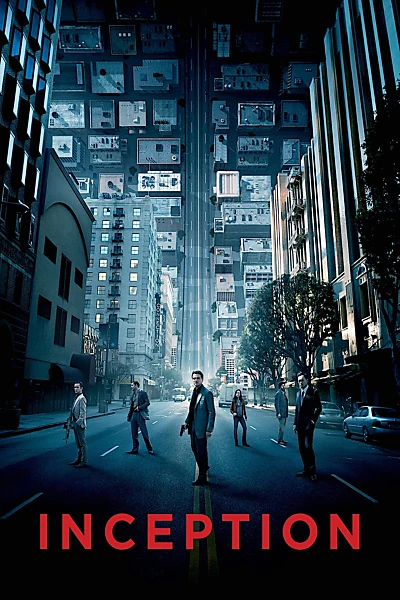
Inception (2010)
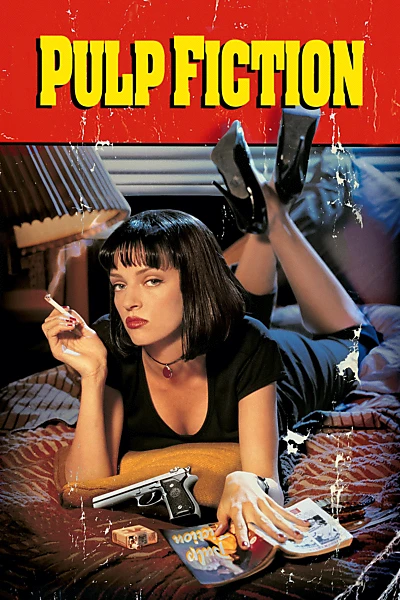
Pulp Fiction (1994)
Avatar (2009)

The Batman (2022)

Mad Max: Fury Road (2015)

Joker (2019)
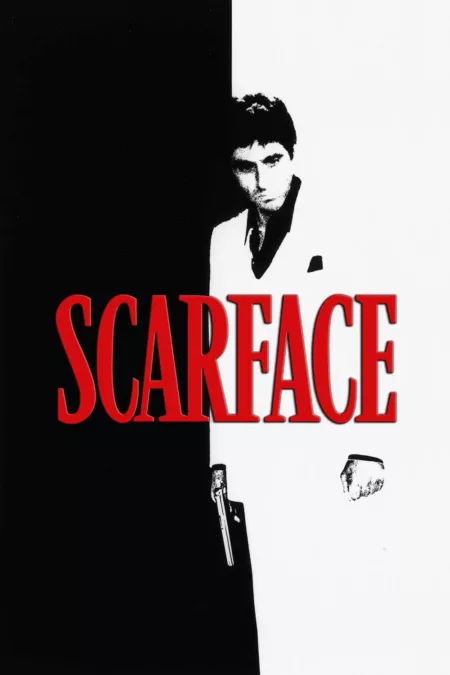
Scarface (1983)
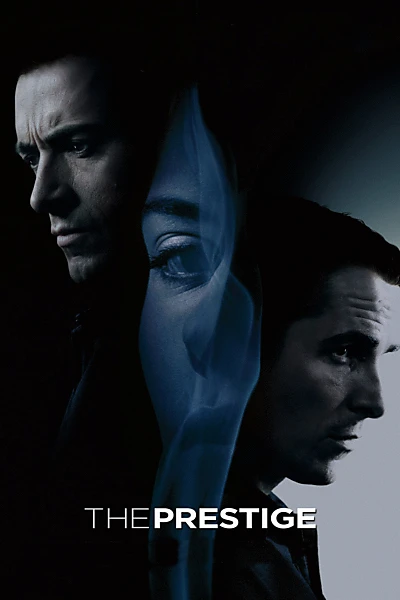
The Prestige (2006)
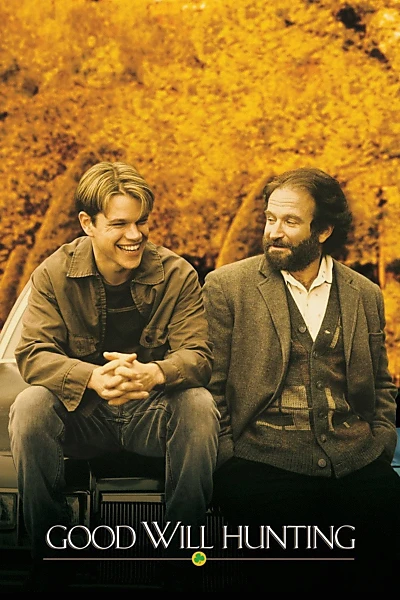
Good Will Hunting (1997)
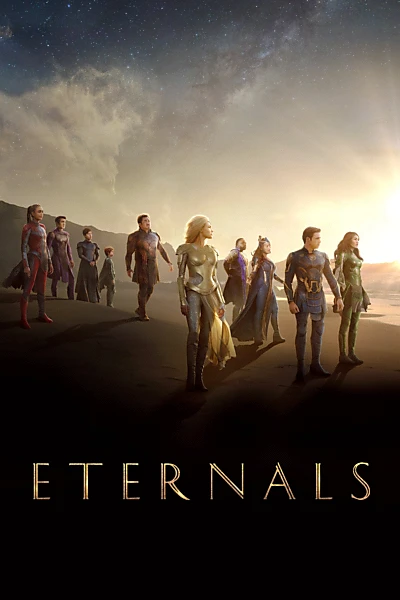
Eternals (2021)
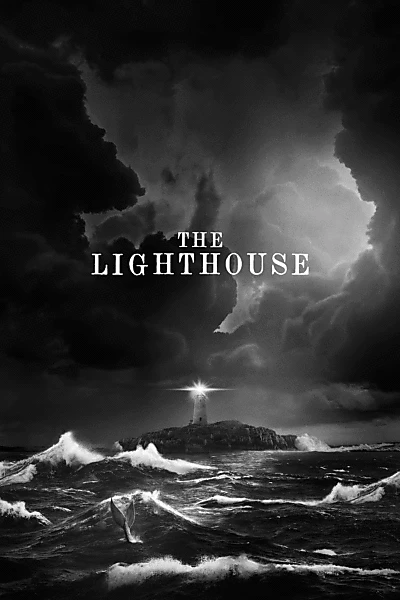
The Lighthouse (2019)
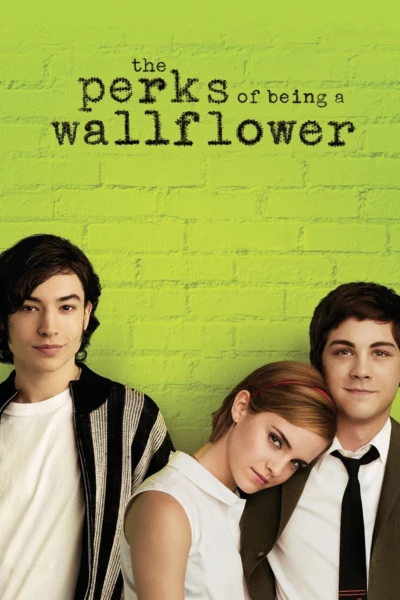
The Perks of Being a Wallflower (2012)
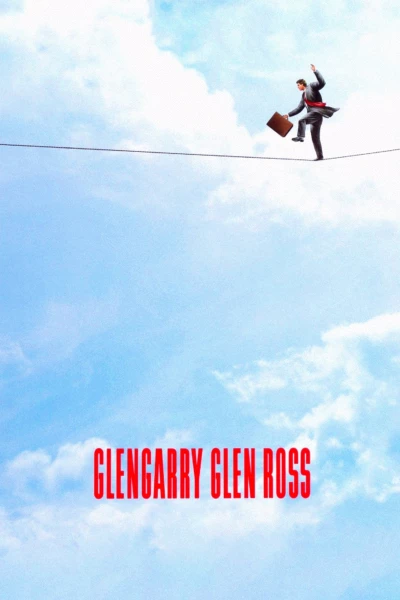
Glengarry Glen Ross (1992)
